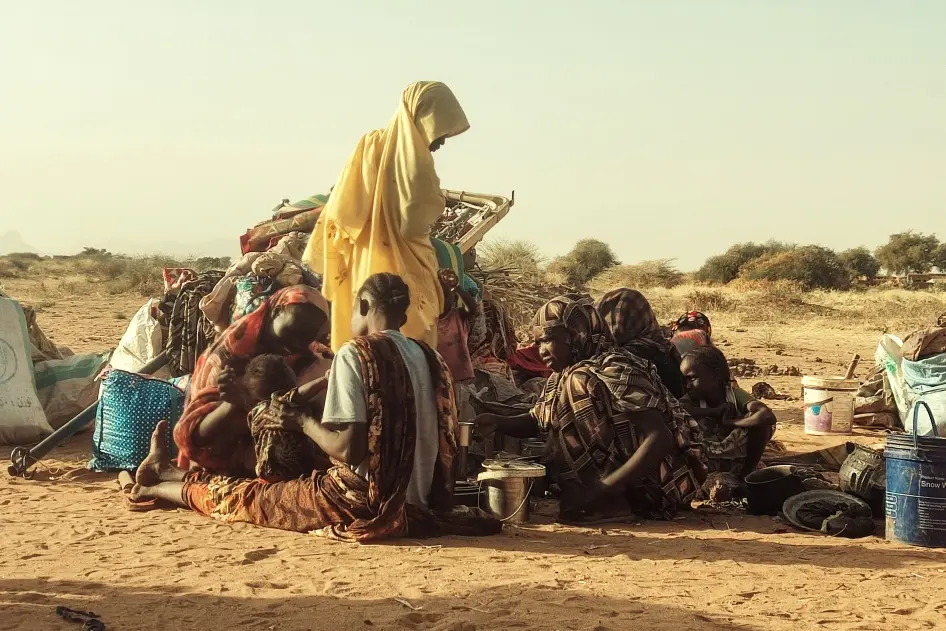The U.N. has decried the continued restricted access to Al-Fasher and the surrounding areas in North Darfur State, which host hundreds of thousands displaced by the conflict.
U.N. Resident and Humanitarian Coordinator in Sudan Clementine Nkweta-Salami said in a press release Sunday that the humanitarian community was facing multiple operational challenges, preventing an appropriate response.
“Despite our repeated appeals, humanitarian access to Al-Fasher and surrounding areas remains dangerously restricted,” she said.
The challenges, she noted, stem from the forced and large-scale displacement of civilians away from established infrastructure and humanitarian services.
“These challenges have severely disrupted existing humanitarian operations and exponentially increased the vulnerability of hundreds of thousands of people,” she said.
Nkweta-Salami said the current mass displacement — particularly from Zamzam, Abu Shouk and other displacement camps — has pushed an estimated 400,000 to 450,000 people toward Tawila, areas surrounding Jebel Marra and beyond.
“These population movements are increasingly fluid, unpredictable and fueled by ongoing hostilities and fears of a broader offensive on El Fasher,” she explained. “The situation is further compounded by rising levels of food insecurity, with displaced populations increasingly cut off from supply chains and assistance, placing them at heightened risk of epidemic outbreaks, malnutrition and famine.”
Nkweta-Salami appealed for U.N. and nongovernmental organization workers to be granted immediate and sustained access to those in need to ensure lifesaving support can be delivered safely, noting that the humanitarian system is overstretched.
She called on donors to provide flexible, front-loaded funding through mechanisms such as the Sudan Humanitarian Fund, which she said is critical to support first responders, mobilize lifesaving supplies and sustain emergency response operations.
The U.N. coordinator reiterated calls for all parties to the conflict to respect international humanitarian law and allow safe, sustained and unimpeded humanitarian access to civilians in need.
“Civilians must be protected, and humanitarian workers must be allowed to carry out their work without threat or obstruction,” she said.




